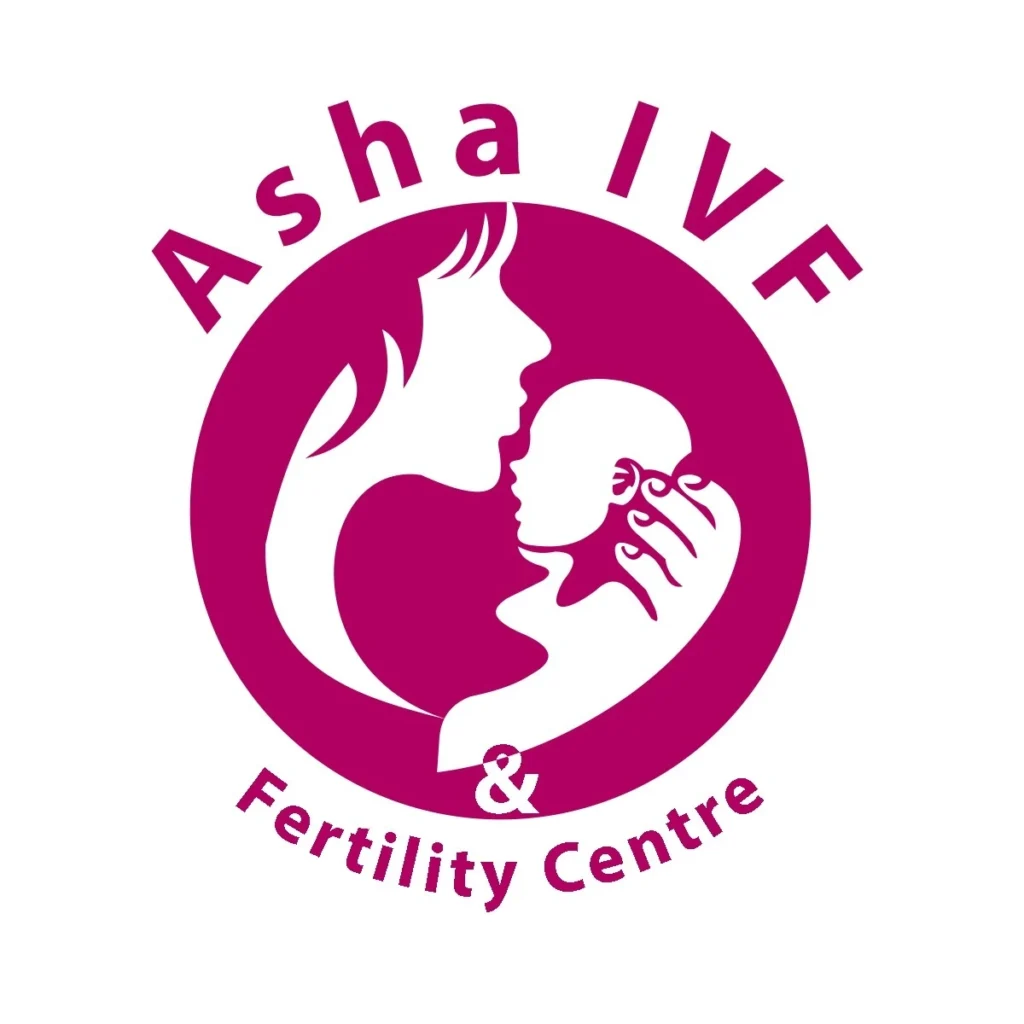The Path Forward for Couples with Medical Conditions
As of the last update in April 2023, in 2022, India made significant amendments to its surrogacy regulations through the Surrogacy (Regulation) Act, 2021, which came into effect on January 25, 2022. The Act introduced several changes aimed at regulating surrogacy practices in the country to prevent the exploitation of surrogate mothers and protect the rights of children born through surrogacy. Here are some key amendments and features of the Act:
- Prohibition of Commercial Surrogacy: The Act bans commercial surrogacy, allowing only altruistic surrogacy. It prohibits monetary transactions except for medical expenses and insurance coverage for the surrogate mother.
- Eligibility Criteria for Intending Parents: Surrogacy is permitted for Indian married couples, where at least one partner has been medically certified to have a condition preventing them from having children naturally. The Act also opens up eligibility to widows and divorced women.
- Surrogate Mother’s Rights: The surrogate mother must be a close relative of the intending couple, married, and have a biological child of her own. The Act specifies that a woman can be a surrogate mother only once in her lifetime.
- Establishment of National and State Surrogacy Boards: These boards are tasked with overseeing surrogacy regulations, ensuring ethical practices, and protecting the rights of surrogate mothers and children born through surrogacy.
- Insurance Coverage: The Act mandates that the intending couple must provide insurance coverage for the surrogate mother for a period that extends 36 months beyond the pregnancy term, covering postpartum complications.
- Registration of Surrogacy Clinics: Surrogacy clinics must be registered under the Act. Unregistered clinics or those engaging in commercial surrogacy face penalties and imprisonment.
- Protection of Surrogate Child: The Act ensures that children born through surrogacy have the same rights as biological children of the intended parents. It also specifies that no child born through surrogacy can be abandoned based on sex, birth defects, or any other reasons.
- Offenses and Penalties: The Act outlines various offenses, including undertaking or advertising commercial surrogacy, exploitation of surrogate mothers, and abandonment of surrogate children, with penalties ranging from fines to imprisonment.
These amendments were designed to curb commercial surrogacy’s exploitation and ensure that surrogacy practices in India are ethical and regulated. However, the Act has also faced criticism for its restrictive nature and for limiting the options for many people wishing to become parents through surrogacy.
In a groundbreaking move that marks a significant shift in reproductive rights and options, the Indian government has recently updated its surrogacy regulations in 2024. With these changes, India takes a progressive step towards inclusivity and accessibility in assisted reproductive technologies, particularly benefiting couples with medical conditions through the allowance of donor gametes in surrogacy.
Understanding the Amended Surrogacy Rules
The amendment in surrogacy rules emerges as a beacon of hope for countless couples nationwide. Previously constrained by stringent regulations that limited many from realizing their dreams of parenthood, the updated guidelines open new doors. Specifically, the allowance for couples with certain medical conditions to utilize donor gametes in surrogacy procedures underscores a compassionate and understanding approach to fertility challenges.
Key Highlights of the 2024 Guidelines:
- Expanded Access: Couples with medical conditions that prevent successful conception or carry the risk of transmitting genetic disorders to the offspring can now opt for surrogacy using donor gametes.
- Comprehensive Medical Screening: To ensure the health and well-being of the surrogate, the baby, and the prospective parents, stringent medical screenings are mandated, particularly for the donor gametes.
- Ethical and Legal Framework: The guidelines reinforce the ethical and legal framework surrounding surrogacy in India, emphasizing the protection of rights and welfare for all parties involved.
The Inclusivity of Donor Gametes
One of the most commendable aspects of the 2024 amendments is the inclusivity embedded within the use of donor eggs and sperm. This move acknowledges the diverse medical challenges couples face and provides a viable path to parenthood. It’s a recognition that the journey to becoming parents is unique and that the law should adapt to accommodate these variations.
Donor Eggs: A Ray of Hope
The use of donor eggs has been a subject of much discussion in the realm of assisted reproduction. With the latest guidelines, women who are unable to use their own eggs due to medical reasons now have the opportunity to experience pregnancy and childbirth, thanks to the generosity of egg donors. This not only opens the door to motherhood for many but also sheds light on the importance of egg donation as a noble and life-changing gesture.
Donor Sperm: Expanding Possibilities
Similarly, the allowance for the use of donor sperm addresses several conditions that couples may face, including male infertility and genetic concerns. It ensures that the dream of raising a family is accessible to more people, recognizing the diverse challenges in the journey of parenthood.
The Impact on Couples with Medical Conditions
For couples facing medical conditions that hinder their journey toward parenthood, the revised surrogacy rules are more than a legal amendment; they represent a lifeline. By allowing the use of donor gametes, these couples are given an alternative pathway to build their families, one that acknowledges and accommodates their unique medical circumstances.
Embracing a New Hope:
The decision to include donor gametes in surrogacy practices reflects a deeper understanding of the complexities surrounding fertility issues. It acknowledges that the journey to parenthood is fraught with challenges for some, requiring compassion, support, and flexible solutions.
Ethical Considerations and Support Systems
As India navigates this new era of surrogacy regulations, the importance of ethical considerations and robust support systems cannot be overstated. Protecting the rights and well-being of surrogates, ensuring informed consent, and providing psychological support are paramount.
Building Informed Communities:
Education and awareness initiatives are essential to demystify surrogacy, highlighting the ethical, legal, and medical aspects. Prospective parents, surrogates, and the general public must be informed about the changes and their implications.
The Role of Expertise in Navigating Surrogacy
The complexities of surrogacy, amplified by the inclusion of donor gametes, necessitate expert guidance. This is where institutions like Centre Amends play a crucial role, offering comprehensive support to navigate the legal, medical, and emotional dimensions of surrogacy.
Asha IVF: A Leader in Compassionate Surrogacy Solutions
Asha IVF stands out as best surrogacy centre in India with its state-of-the-art facilities and advanced reproductive technologies but also for its deep commitment to providing personalized care and support to each couple. Recognized for its expertise in dealing with medical conditions that necessitate donor gametes, Asha IVF ensures that every couple’s dream of parenthood is treated with sensitivity, professionalism, and personalized care.
Why Asha IVF is Your Trusted Partner:
- Expertise and Excellence: With a team of highly skilled fertility specialists, Asha IVF is at the forefront of assisted reproductive technology. Asha Ivf, the expertise in surrogacy and best IVF treatment centre is complemented by a thorough understanding of the latest surrogacy guidelines, ensuring that couples receive the best possible advice and treatment options.
- Ethical Practices and Legal Compliance: Asha IVF prides itself on adhering to the highest standards of ethical practice and legal compliance. The clinic navigates the intricate ethical and legal framework of surrogacy in India with utmost diligence, safeguarding the rights and welfare of all parties involved.
- Comprehensive Support System: Understanding the emotional and psychological aspects of surrogacy, Asha IVF offers a comprehensive support system, including counseling and guidance for prospective parents and surrogates. This holistic approach ensures that couples are well-informed, comfortable, and supported throughout their journey.
- Customized Fertility Solutions: Recognizing that every couple’s situation is unique, especially when dealing with medical conditions that require donor gametes, Asha IVF specializes in creating customized fertility solutions. Tailored treatment plans are designed to meet the specific needs and medical circumstances of each couple, enhancing the chances of a successful and fulfilling surrogacy experience.
Conclusion
The dawn of India’s 2024 surrogacy guidelines brings with it a promise of a more inclusive and compassionate approach to reproductive assistance. Asha IVF, renowned as the best surrogacy centre in India, emerges as a guiding light for couples embarking on this profound journey. At the heart of this new era stands Asha IVF, a clinic that not only meets the medical and emotional needs of its clients but also champions the values of ethical practice and informed community building. For couples navigating the journey to parenthood through surrogacy, partnering with Asha IVF offers not just expertise but a partnership rooted in care, trust, and a shared vision for a future filled with hope.






